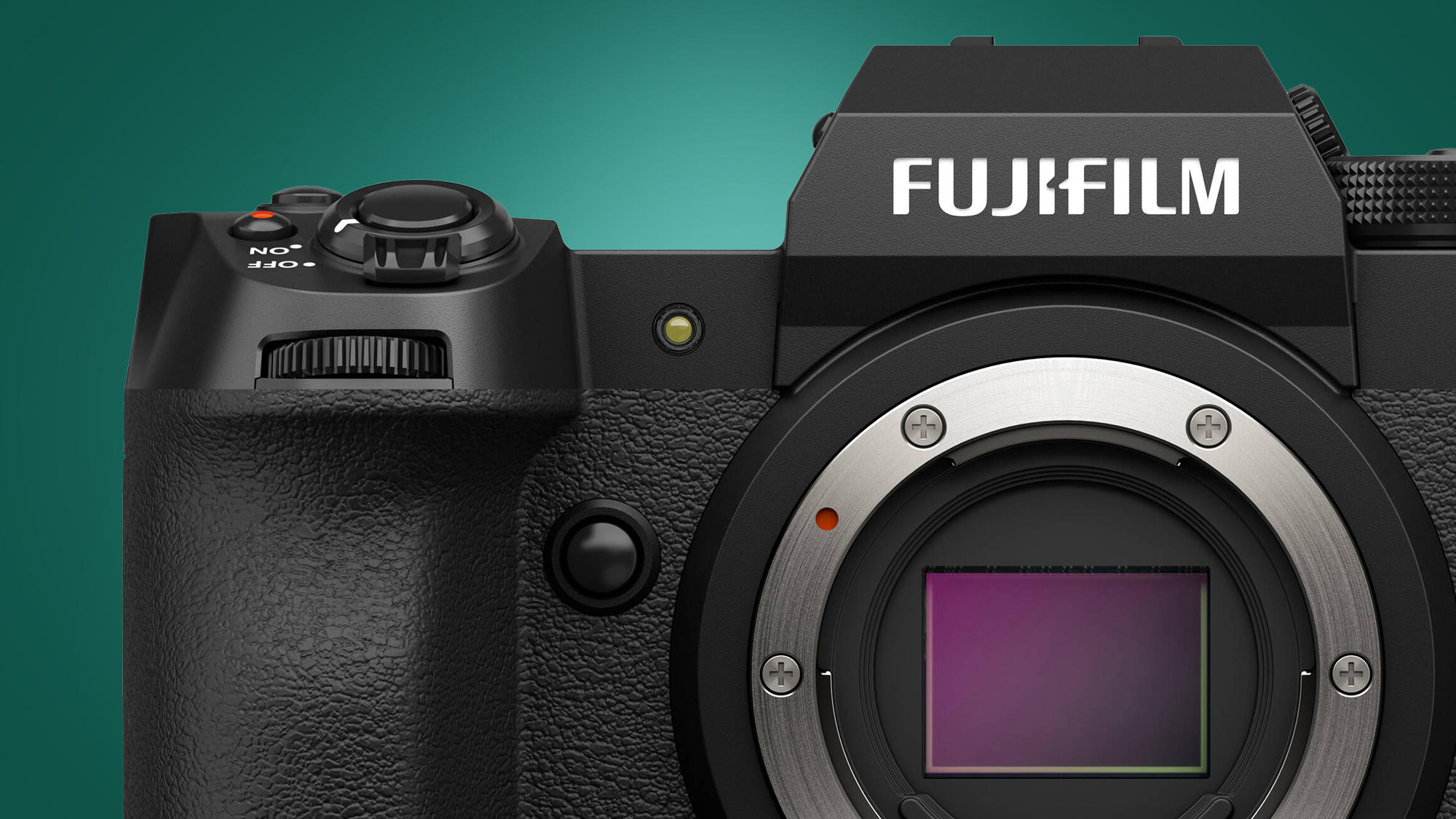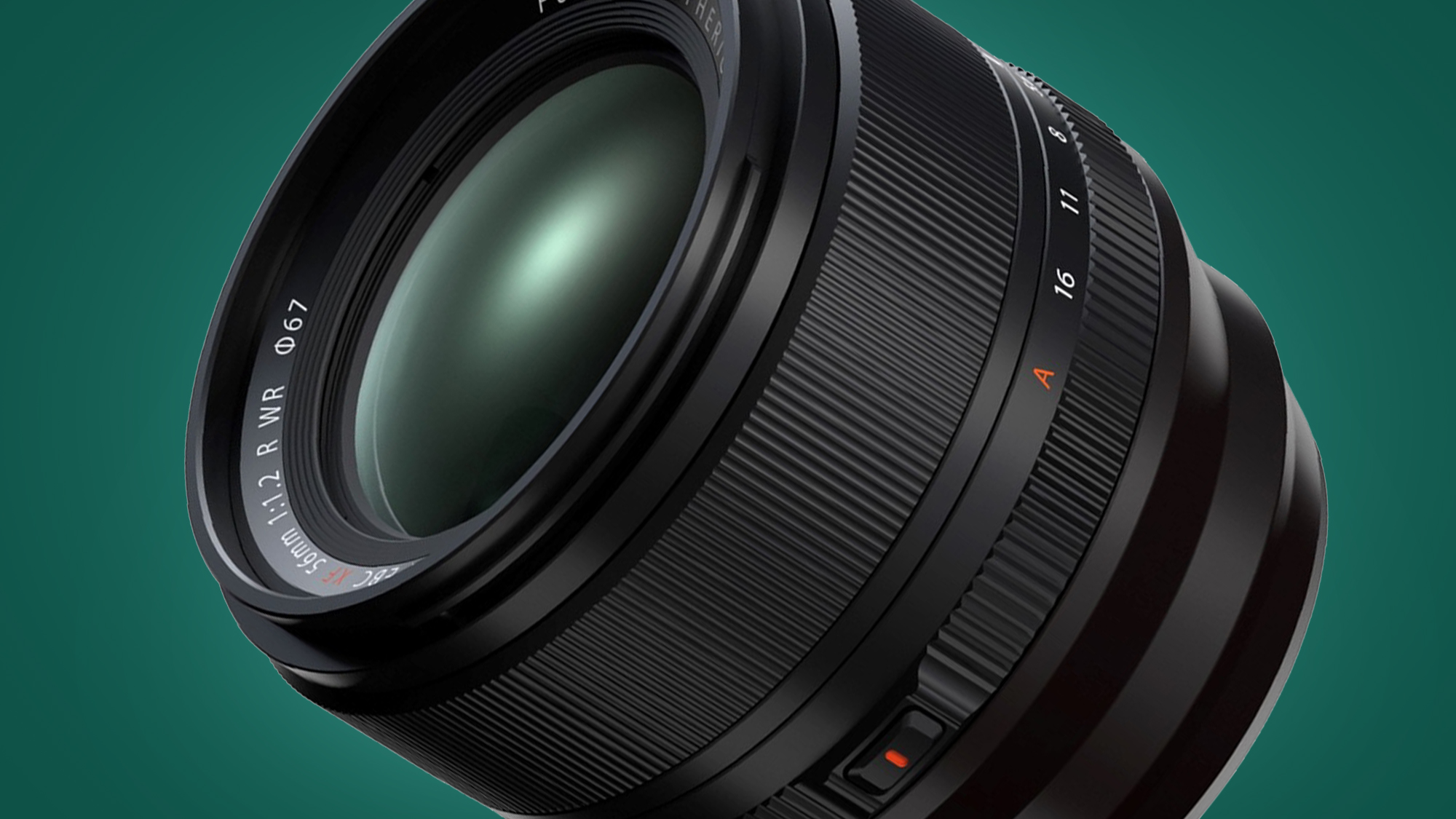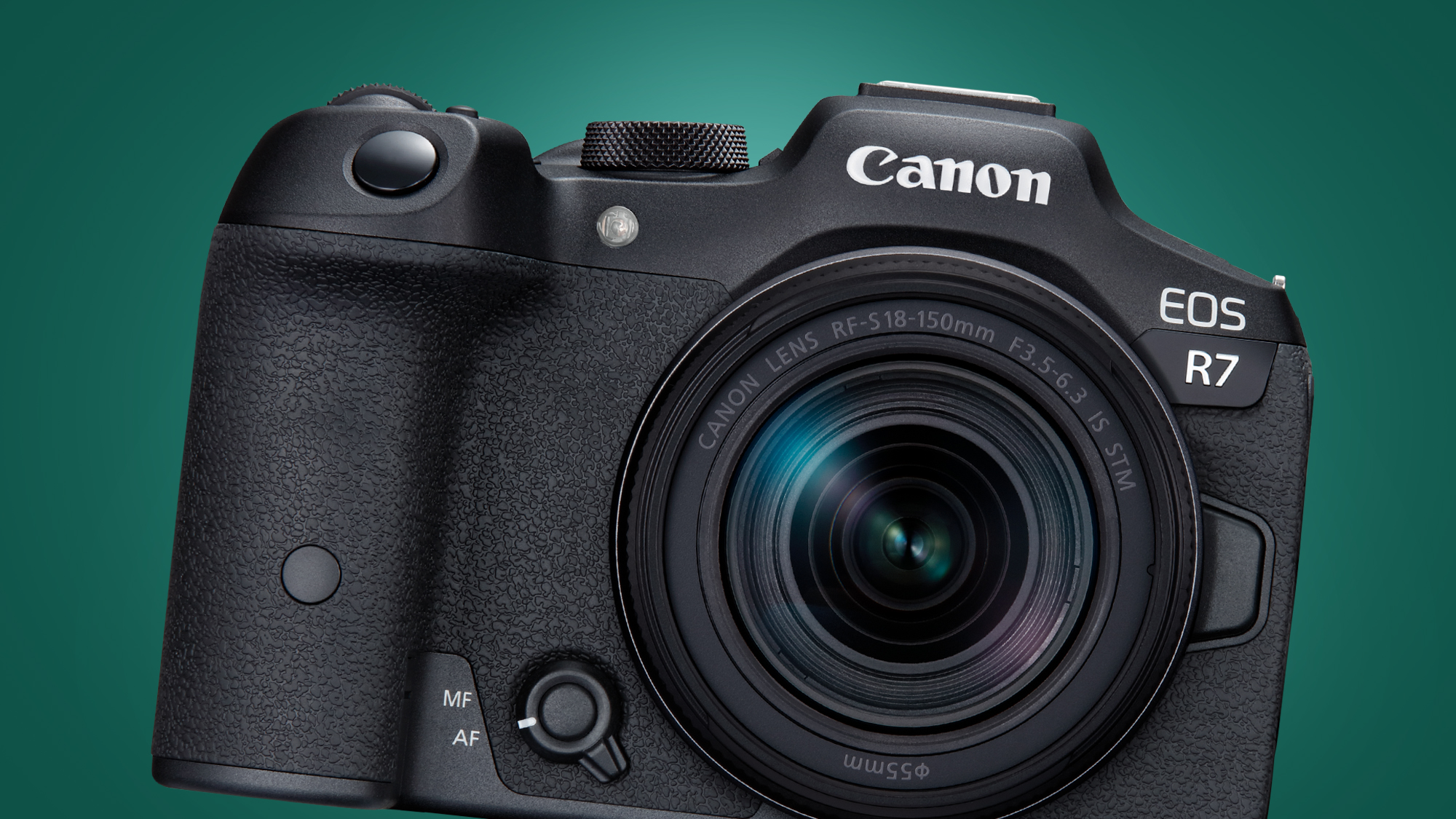Fujifilm X-T5 set to launch soon – and it could be the year’s most exciting camera
Fujifilm has had a big year, but it’s apparently not done yet. According to some strong rumors, it’s planning to launch the Fujifilm X-T5 next month – and the mid-range all-rounder has the potential to be the most exciting camera of the year.
The source of this speculation is, as always, the reliable Fuji Rumors (opens in new tab), with the site claiming that Fujifilm “will announce the Fujifilm X-T5 in November” and that the camera will also ship in the same month. There’s a degree of certainty about these claims that’s rarely been misplaced.
So why is the X-T5 potentially the biggest camera launch of the year? After all, we’ve seen some brilliant new arrivals since January – and two of those have been the Fujifilm X-H2S and the Fujifilm X-H2. Throw in the Canon EOS R7 and Canon EOS R10 for stills, and the Panasonic Lumix GH6 and Sony FX30 for video, and it’s already been a big 10 months for an industry apparently beset by supply chain woes.
The great potential of the X-T5 is that, of all the major launches this year, it could be the best affordable sweet spot for photographers. Given that there haven’t yet been any major specs leaks for the X-T5, the word ‘could’ is doing a lot of heavy lifting in that sentence. But the promise is very evident when you look at the models that the X-T will likely borrow its talents from.
The current Fujifilm X-T4 continues to ride high in our guide to the best cameras for photography. When it launched in 2020, our review stated that “no other camera in this class matches the X-T4’s low-light performance or resolved detail”. That claim would now be contested by the Canon EOS R7, but the X-T4 remains good value for its $1,699 / £1,549 / AU$2,999 price tag.

But the X-T5 will likely bring big changes, including a new sensor. According to Fuji Rumors (opens in new tab), this won’t be the ‘stacked’ APS-C chip in the X-H2S, but rather the 40MP one that’s inside the X-H2. That’s good news; we’re finishing our testing of the X-H2 and (spoiler alert) it sets a new benchmark for APS-C sensors.
So how will the X-T5 differ from the X-H2, which costs $1,999 / £1,899 / AU$3,399 (body-only)? It seems the main differences will be in the controls and the X-T5’s slightly more amateur-leaning setup. The X-T5 is expected to adopt Fujfilm’s retro dials for changing settings like ISO and shutter speed, rather than the X-H2’s ‘PASM’ (Program, Auto, Shutter, Manual) approach.
The mid-range X-T5 will also definitely be less pro-leaning than the X-H2 in a few key areas. Expect to see dual SD card slots, rather than the faster and pricier CFexpress, plus a smaller grip, an inferior electronic viewfinder (perhaps the 3.68-million dot one in the X-T4), limited video recording times, and no optional battery grip. All of these things should theoretically get the X-T5 in the ballpark of the X-T4’s launch price of $1,699 / £1,549 / AU$2,999.
This mix of features wouldn’t exactly make the Fujifilm X-T5 unique. But its trump card compared to its rivals will likely be the variety of high-quality glass that’s available from Fujifilm and, increasingly, third-party brands…
The glass is greener

Choosing the right camera should always involve looking at the system’s lenses to see if they’re the best match for the things you like to shoot. Sony continues to offer the best range of glass for full-frame cameras, and Fujifilm is now moving into pole position for APS-C cameras.
The range of lenses available for the X-mount certainly isn’t perfect – there’s a gaping hole at the longer end for some telephoto primes like an XF300mm f/4, XF400mm f/4 or an XF500mm f/5.6. And, more importantly for the X-T5, the system still needs a lot more ‘Mark II’ lenses like the recent XF56mm f/1.2 R WR to really make the most of that 40MP resolution, even if Fuji claims (opens in new tab) that 20 existing lenses can extract the “maximum benefit” from its extra detail.
Still, some of the X-series’ key primes – including the XF23mm f/1.4 R LM WR and XF33mm f/1.4 R LM WR – have now been updated. And most importantly, the X-mount has now been opened up to allow third-party manufacturers to fill in some of the gaps, or offer cheaper alternatives to Fuji’s own lenses. Viltrox, for example, recently launched an excellent XF13mm f/1.4 lens for astrophotography, while Sigma has kicked things off with three prime lenses of its own.

It’s here that the Fujifilm X-T5 could potentially hold an advantage over one of its closest rivals, the Canon EOS R7. The EOS R7 is an excellent camera with superb autofocus – an area that the X-T5 may struggle to match it in – which makes it one of the best wildlife photography cameras around for its price. But it’s also hamstrung by a lack of native lenses, along with Canon’s baffling decision to keep its RF mount closed to third-party manufacturers.
With Sony seemingly uninterested in making a mid-range mirrorless camera for photographers – even if a hybrid version of the Sony FX30 now seems likely – the X-T5 could well be the closest we get to a powerful, stills-focused workhorse at a reasonable price this year.
As always, the proof will be in the testing, and there are plenty of ways that Fujifilm could snatch mediocrity from the jaws of greatness with the X-T5. But if you’re a keen photographer who’s in the market for a new camera, November could finish the year with an unexpectedly loud bang.
For all the latest Technology News Click Here
For the latest news and updates, follow us on Google News.

